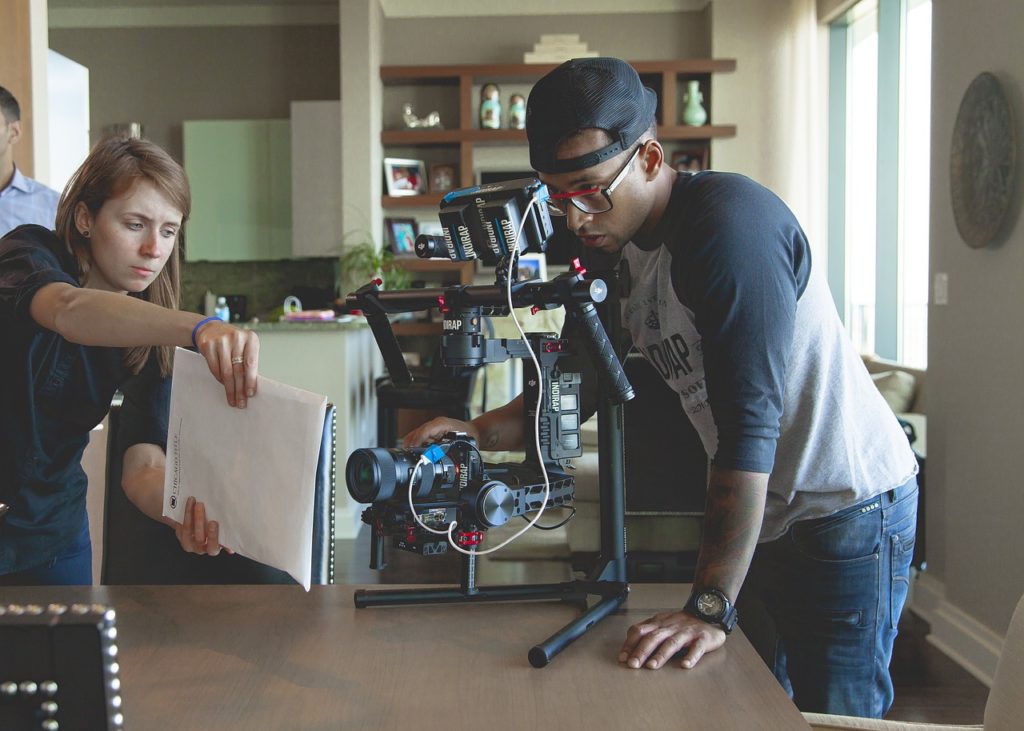A career in Broadcasting and Film rarely means a life of glamorous parties aboard luxury yachts and riotously upended hotel suites. The reality is much more likely to be hard work, long hours, and a lack of job security. However it is also a challenging and rewarding field. Your first step into this world is a course in film studies.
Education
Film Studies is the academic study of film, including theory, criticism, and history.
Production-focused programmes are available in Dundalk IT (Video & Film), Dun Laoghaire IADT (Film & Television Production), Galway-Mayo IT (Film & Television Production), Dublin Business School (Film & Media), DIT (Film & Broadcasting with a Language), IT Carlow (TV & Media Production), IT Tralee (TV, Radio & New Media Broadcasting) and Limerick IT (Technology – Video & Sound).
Besides higher education options such as these, there are many QQI TV & Film production courses around the country.
The Work
Graduates work in local or national radio, independent production companies, as well as the national TV stations. The competition for jobs is intense.
Entry-level positions are often on a work experience or intern level. Even graduates with degrees start off making tea! Graduates must show initiative, persistence, and talent to move into more senior positions.
Researchers and production assistants have a wide variety of responsibilities. They book crews for shoots and research guests’ backgrounds. They also calculate budgets, make transport and accommodation arrangements, and offer ideas.
Broadcasting and sound engineers are responsible for the technical efficiency of a studio or outside recording scenario. Editors distil the finished programme from hours of footage.
The producer is the head of the production team. Producers begin with an idea (usually!) and then put together a proposal for the programme. They hire the crew and talent, receive a commission from a TV station or secure funding.
The director is responsible for the finished product. They plan visuals with the camera operators, and elicit screen-worthy performances from the cast. They also write scripts for voice-overs or montages. Finally, they work with the editor to put the finished project together.
Producers, researchers, directors, and other media professionals can either work full-time for TV, radio stations, or production houses. Other work freelance on a contract basis. Freelance workers often experience very busy periods interspersed with quiet periods. Working hours can be long, and shoots can be stressful, but a quality end product can bring both personal satisfaction and public acclaim.
Did you know?
The audio-visual content production sector in Ireland is worth in excess of €550 million.
Further Resources












Comments